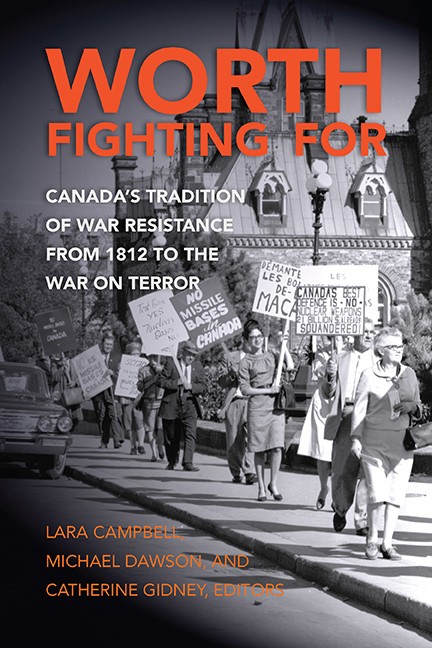The centenary of the First World War inspired several big histories of the origins of the war, of which the most acclaimed seems to have been Christopher Clark's 2013
The Sleepwalkers: How Europe Went to War in 1914, though Margaret Macmillan's more closely focused
The War that Ended Peace also drew much attention. More slowly, however, another book seems to be staking its claim as the really important new interpretation on the origins of the war.
Planning Armageddon by Nicolas Lambert, from Harvard University Press, was published in 2012, and the implications of its analysis have taken awhile to settle into the minds of readers, it would seem. As I understand it, Lambert argues that British did have a strategy in the years before 1914 for a quick victory in the event of a European war, and that the strategy focused neither on Dreadnaught battleships nor on sending an army to the continent. One reviewer declares that Lambert “essentially has rewritten our understanding of what produced
the Great War.”
Lambert argues the master plan was economic, more specifically financial. Britain by the early 1900s was facing stiff competition in manufacturing and economic output generally, but it still overwhelmingly controlled the financial and fiscal underpinnings of world trade. Lambert demonstrates that Britain had a comprehensive plan to hit the financing of German trade and economic activity so hard and so fast that Germany would quickly become unwilling or unable to continue pursuing a continental war. Furthermore, Britain engaged this plan in the first week of August 1914.
Okay, it doesn't seem to have worked. Germany was not deterred or destroyed. The war continued. Indeed, Lambert argues that it was the rapid falling apart of the "weaponisation of trade" strategy that obliged Britain to send an expeditionary force into Belgium and northern France instead... with the results everyone knows.
The economic warfare project fell apart, argues Lambert, because as soon as Britain began to apply it, large sections of the financial community, in the United States, in Britain itself, and throughout the British-led world trading network, began to scream and kick about the damage they too were suffering from it. Britain's economic sabotage of German finances and trade was making life difficult for bankers, financiers, and debtors on the Allied side of the line. And they screamed so loudly that the British government capitulated. It agreed to rely instead on traditional military efforts, substituting a traditional naval blockage of Germany for its more sophisticated financial sabotage plan, and turning to the dreadnaughts and the expeditionary force instead. With world-historical results.
The
Planning Armageddon thesis sounds profound in itself. A hundred years later, maybe historians are starting to understand what they were thinking ("What were they thinking!"). But -- contemporary relevance -- it sems it is current diplomats and strategists who are really thinking hard about the book's message.
What is the west's plan to deter President Putin from his military adventurism? Targeted fiscal and economic sanctions. What would be the west's plan in the event of a confrontation with China? Same thing, you can readily guess. Much of global strategy today depends on deploying the (million times more elaborate) tools of financial and fiscal sabotage to deter rival powers from starting or continuing military action. How's that going to work out this time?
Coincidentally (there are no coincidences),
there's a column today about how the Harper government talks very tough about sanctions to deter Russia's invasion of Ukraine. But Canadian sanctions on the Putin regime have mysteriously omitted key elements of the Russian energy sector, ones that have invested heavily in the Alberta energy sector. Apparently sanctions there might have uncomfortable repercussions in the Calgary oil patch. The Lambert thesis about the domestic obstacles to the effective weaponisation of international finance seems to be working out in real time.
Key readings, if you are not up for reading the whole of Planning Armageddon:
This David Warsh column at
Economic Principals, particularly the second half, when he gets to the Lambert book. But even more, look at the
comprehensive review essay and roundtable discussion at
H-Diplo, which is impressively scary.









